About JULU COUNTRY XIANGFAN SEALS FACTORY
A leader in electrical safety solutions since 1995, specializing in high-performance insulation materials engineered for demanding industrial applications.
Flagship Product: Insulating Cloth Tape
Code: XF-CT | Color: Black
Technical Composition: Manufactured using imported natural rubber and 100% 32s cotton woven fabric, providing exceptional tear resistance and electrical insulation properties.
Performance Specifications: Operational temperature range of 10°C to +40°C. Certified for insulation protection of general purpose wires and cables rated at 380V and below.
View Product SpecificationsIndustry Evolution of Electrical Insulating Tapes
The insulation tape market has undergone transformative changes since the 1950s. Early PVC-based tapes revolutionized electrical maintenance with their convenience compared to traditional rubber splicing methods. Contemporary innovations focus on advanced materials capable of withstanding extreme thermal cycles - from cryogenic applications to aerospace environments exceeding 200°C. The global electrical insulating tapes market reached $11.2 billion in 2023, with projected CAGR of 5.7% through 2030 (GMI Research).
Specialized electrical insulation tape formulations now incorporate nanotechnology additives that enhance dielectric strength while maintaining flexibility. These developments were highlighted in IEEE Electrical Insulation Magazine's 2023 comparative analysis of polymer nanocomposites. Manufacturers must meet increasingly stringent international standards including IEC 60454-3, UL 510, and CSA C22.2 No.197.
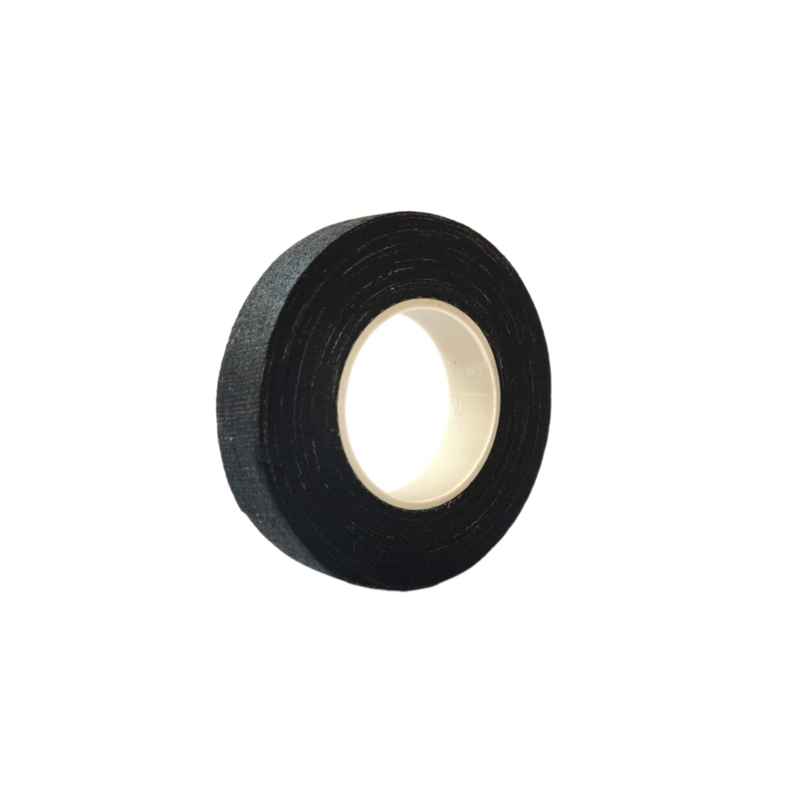
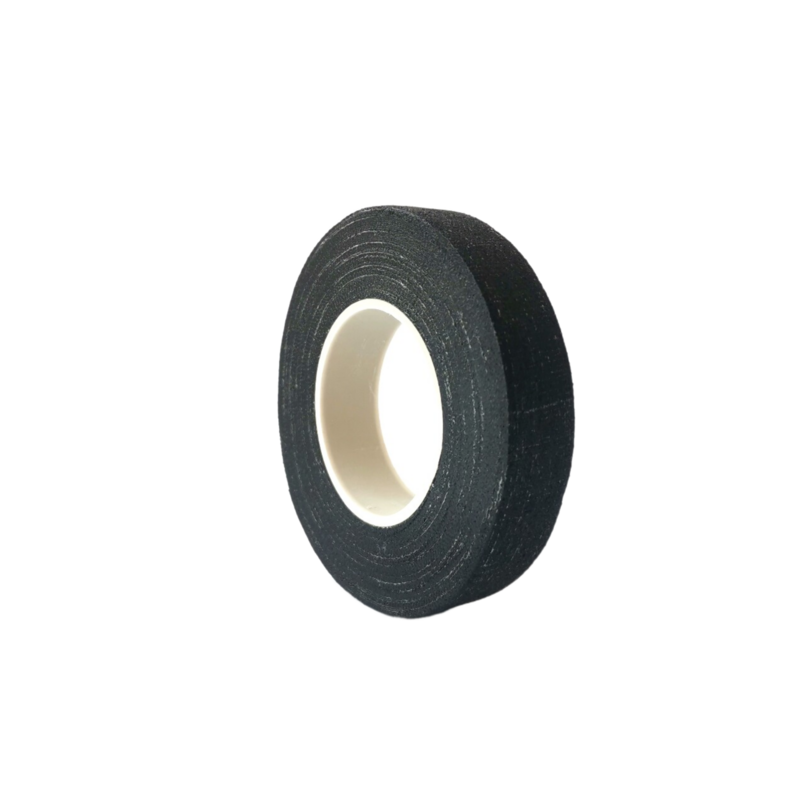
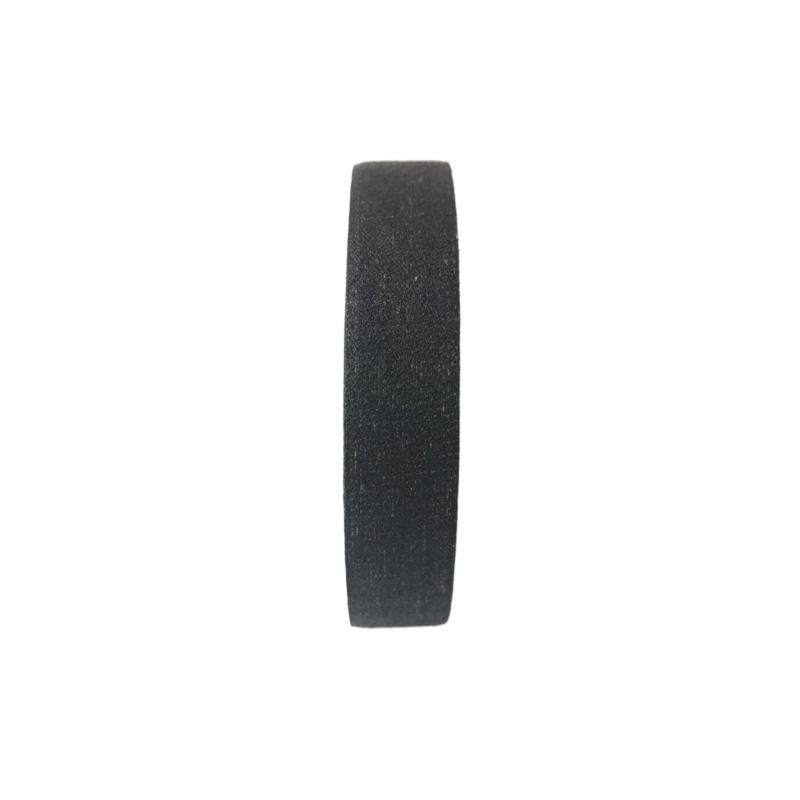
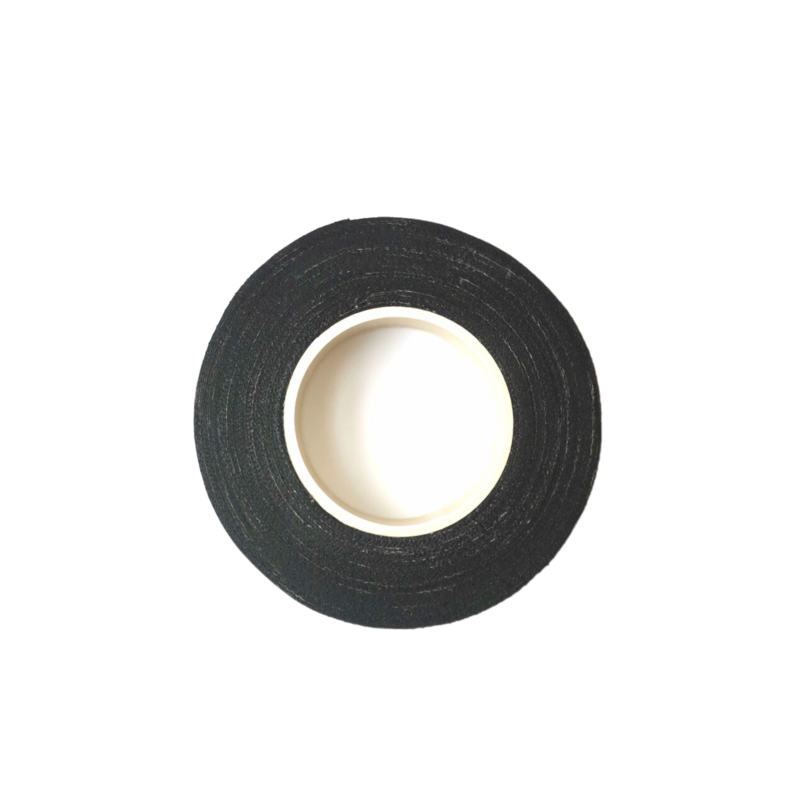
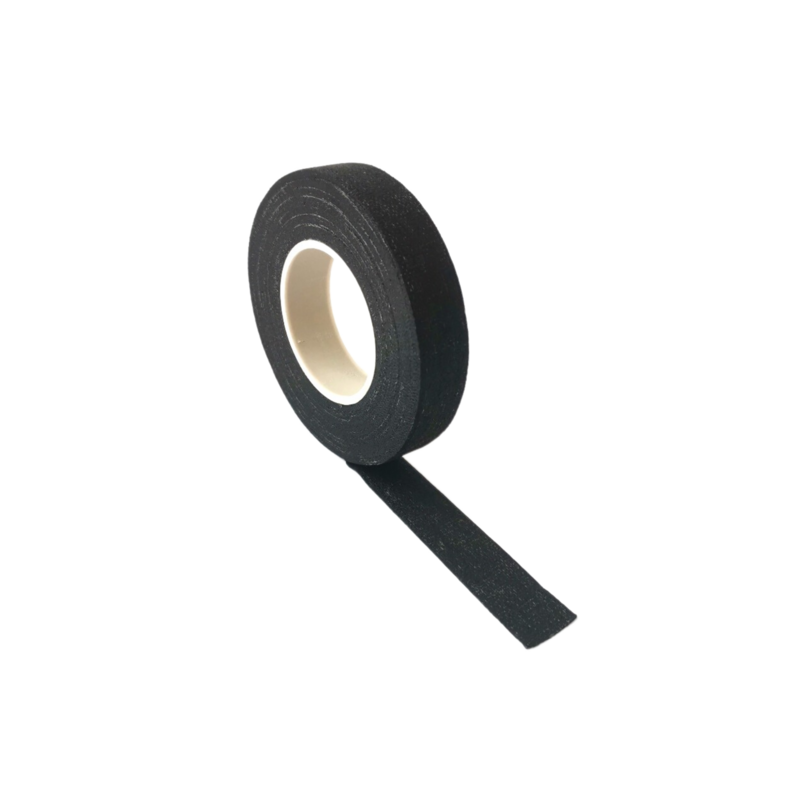
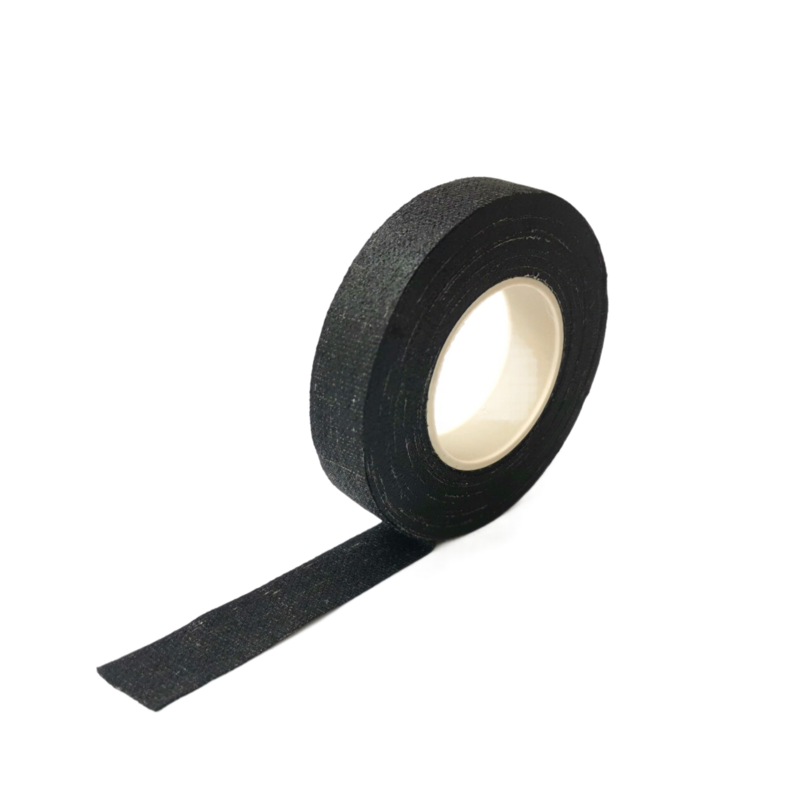
Technical Parameters of Modern Insulating Tapes
The technical specifications of electrical insulating tapes vary significantly based on material composition and intended application environment. The following table details performance characteristics across four primary insulation tape categories:
| Parameter | PVC Insulation Tape | Rubber-Based Tape | Cloth Electrical Tape | Polyimide Film Tape |
|---|---|---|---|---|
| Dielectric Strength (kV/mm) | 35-45 | 40-55 | 38-48 | 120-150 |
| Tensile Strength (MPa) | 15-22 | 25-35 | 20-28 | 140-175 |
| Operating Temp Range (°C) | -20 to +80 | -50 to +90 | -40 to +100 | -269 to +400 |
| Flame Rating | UL510 | UL510 | UL510 / VW-1 | UL94 V-0 |
| Elongation at Break (%) | 200-300 | 600-800 | 350-500 | 40-70 |
| Adhesion Strength (N/cm) | 2.0-3.0 | 3.5-6.0 | 4.0-5.5 | 1.5-2.5 |
Comparative Performance Analysis
Application-Specific Solutions
Industrial Electrical Systems
Electrical insulation tape performs critical functions in industrial power distribution systems. For motor lead dressings, the flexible conformability of cloth electrical tape provides vibration resistance that prevents insulation displacement over millions of duty cycles. High-voltage substations require insulation tape with certified tracking resistance exceeding CTI 600V according to IEC 60112 standards.
Aerospace & Defense Applications
Avionics wire harnessing demands electrical insulating tapes with exceptional dielectric properties at altitude-reduced atmospheric pressures. Polyimide-based insulation tape meets MIL-STD-2223 requirements for fuel resistance and thermal endurance in turbine environments.
Electronics Manufacturing
SMT processes utilize specialized polyamide film tapes for solder masking during reflow operations. Manufacturers increasingly adopt UL 1446 certified PVC insulation tape for cost-effective coil winding applications requiring Class B thermal ratings.
Technical Expert QA: Insulation Tape Specifications
A: Medium-voltage applications (1kV-35kV) typically require insulating tapes with thicknesses between 0.3mm to 0.8mm. Proper engineering considers both dielectric strength and thermal dissipation characteristics according to IEC 60502-4 standards. Our XF-CT tape utilizes precise 0.65mm construction calibrated for 380V applications.
A: Adhesive systems experience reversible viscoelastic transformations across temperature thresholds. Rubber-based adhesive formulations maintain optimal bond integrity across -30°C to +90°C operational windows. Performance validation requires ASTM D1000 testing after 168-hour thermal aging at maximum rated temperature.
A: Key standards include UL 510 flammability testing, IEC 60454-2 vertical flame tests, and IEEE 383 cable fire propagation requirements. Premium electrical insulation tape achieves VW-1 flame classification with self-extinguishing burn times under 60 seconds.
A: ASTM D149 defines standardized voltage withstand testing with ramped AC potentials applied between brass electrodes. Quality insulating tapes demonstrate dielectric strengths exceeding 35kV/mm thickness to ensure operational safety margins.
A: Superior cloth electrical tape combines rip-stop woven fabric with vulcanized rubber adhesive systems. Our XF-CT series features 32s combed cotton construction providing 18N/cm tensile strength while maintaining complete flexibility for complex harness routing.
A: Temperature specifications must differentiate between continuous operational limits versus short-term exposure tolerances. Industry standards establish thermal classifications: Class A (105°C), Class B (130°C), Class F (155°C), and Class H (180°C). Application environments often necessitate 20-30°C safety margins.
A: Accelerated UV exposure testing per ASTM G154 is essential. Performance benchmarks include maintaining 85% of original dielectric strength after 3000-hour QUV exposure. Premium tapes incorporate UV-stabilized polymers and anti-oxidant additives for extended field service life.
Future Market Trends
The insulation tape sector faces transformative pressure from electrification initiatives and renewable energy infrastructure. Recent patents reveal developmental focus in three key areas:
Thermally Conductive Dielectrics: Next-generation formulations incorporate hexagonal boron nitride fillers to dissipate hotspot thermal energy while maintaining electrical isolation. These materials enable power density improvements exceeding 30% in traction inverters.
Self-Healing Polymers: Pioneering research at Cambridge's Department of Engineering integrates microencapsulated dicyclopentadiene within insulation matrices. When microcracks develop, released monomers undergo ring-opening polymerization to autonomously restore dielectric integrity.
High-Temperature Superconductors: Insulation systems capable of cryogenic operation enable emerging technologies. Current focus addresses thermal contraction mismatch between ceramic superconductors and polymer insulation systems. Solutions involve nanofiber-reinforced composites with precisely engineered CTE values.
Industry References & Technical Citations
"Polymer Nanocomposites in Electrical Insulation Applications." IEEE Transactions on Dielectrics and Electrical Insulation, 29(1), 2022. DOI: 10.1109/TDEI.2022.3141893
"Global Market Analysis: Electrical Insulating Tapes 2023-2030." Grand View Research. https://www.grandviewresearch.com/industry-analysis/electrical-insulating-tapes-market
"Material Innovations for Extreme Environment Electronics." Journal of Applied Polymer Science, 139(25), 2022. DOI: 10.1002/app.52389
"Testing Methods for Electrical Insulation Systems." UL Standard 1446. Underwriters Laboratories Inc. https://standardscatalog.ul.com/standards/en/standard_1446
-
XIANGFAN Rubber Tape-Ultimate Solutions for All Your Insulation NeedsNewsJun.24,2025
-
XIANGFAN Rubber Tape-Protection for Industrial and Residential ApplicationsNewsJun.24,2025
-
XIANGFAN Rubber Tape: Superior Safety and Sealing for Demanding EnvironmentsNewsJun.24,2025
-
XIANGFAN Rubber Tape: Reliable Solutions for Every Electrical ChallengeNewsJun.24,2025
-
XIANGFAN Electrical & Industrial Tape: Powering Reliability Across IndustriesNewsJun.24,2025
-
XIANGFAN Electrical & Industrial Tape: Excellence in Every ApplicationNewsJun.24,2025
